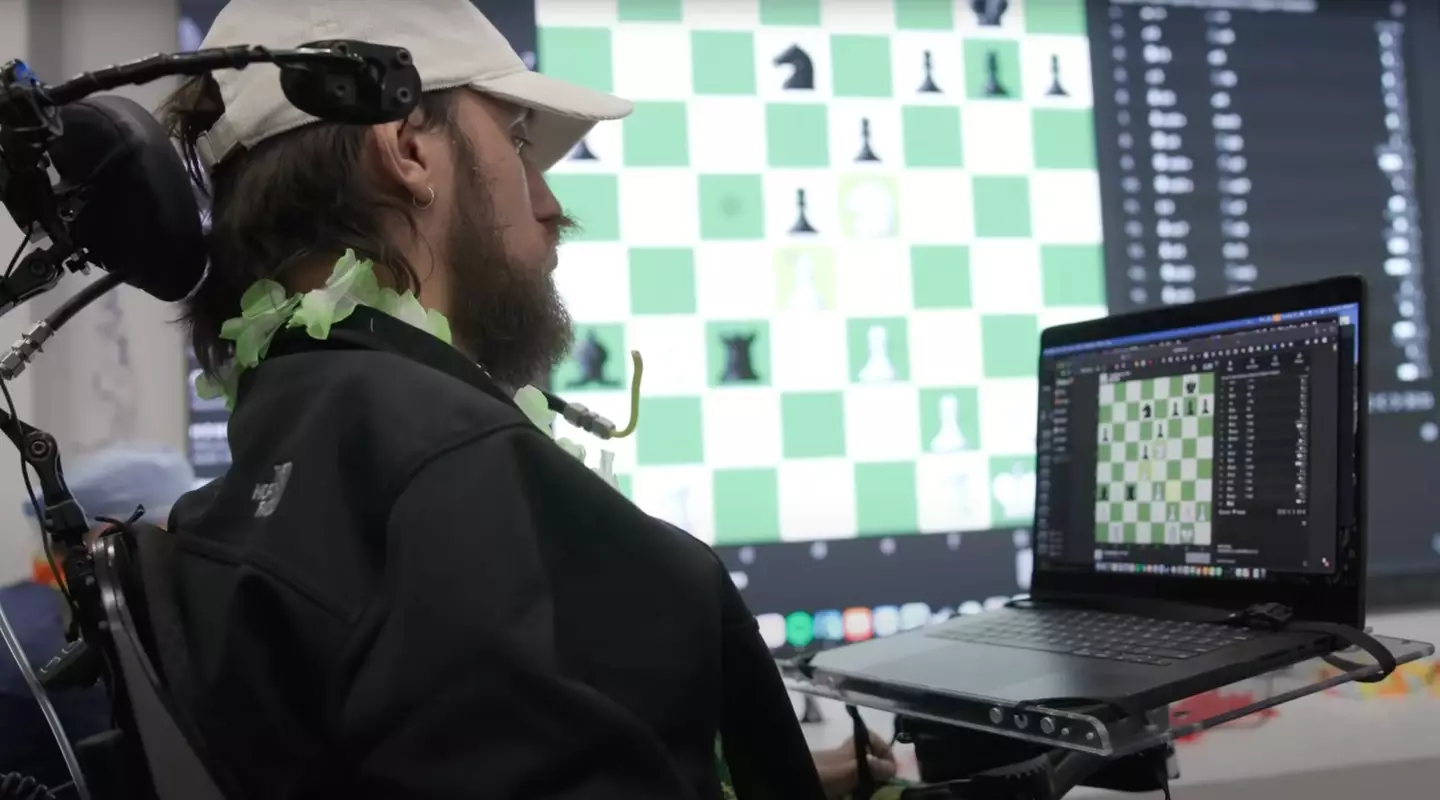
Given all the negative press surrounding Elon Musk, it's sometimes easy to forget that the world's richest man is actually trying to do some good in the world of tech. While there was plenty of backlash to his short-lived position as the head of the Department of Government Efficiency, and this tanked stocks of Tesla as he lost billions overnight, he has his fingers in plenty of other pies.
Away from trying to show what else Tesla can do with a refocus on robotics, Elon Musk is also determined to put humans on the surface of Mars and bring internet to all corners of the globe with his Starlink satellites. When he's not arguing with Netflix or calling out Barack Obama on X, Musk is trying to help people with his Neuralink technology.
Launched in 2016 after being founded by Musk and a team of eight scientists and engineers, Neuralink hopes to bring a new lease of life to people who are affected with a variety of mobility issues by implanting coin-sized brain–computer interfaces (BCIs) into patients.
We've already seen great success with patients able to control computers with their minds, while Neuralink has continued hitting milestones. With an increasing number of heartwarming success stories, it's unsurprising to learn just how many people have applied for a BCI from Neuralink.
Advert

The Independent explains how a recent research report from Morgan Stanley suggests Neuralink has a backlog of 10,000 patients who are asking for the tiny chip to be implanted in their skulls.
Despite only opening the worldwide 'Patient Registry' list in April 2025, it was apparently soon filled with thousands who wanted to try the technology for themselves.
Neuralink co-founder and president DJ Seo revealed the statistics as Morgan Stanley warned us about the potential ethical implications that Neuralink presents: "While the topic of many sci-fi books and films, brain-computer interfaces are the new frontier for humanity and will entail a host of moral, ethical, and legal-regulatory considerations along the way."
Advert
As of October 2025, there have been 12 clinical trial patients who use Neuralink to control computers. Another 13 are due to go under the knife before the end of 2025, although there are some strict rules on who can apply.
We're reminded that only those who are living with paralysis due to the likes of motor neurone disease or a spinal cord injury can register for trials, although Musk has caused further controversy by suggesting Neuralink will one day be open to those without disabilities.
Advert
Sounding like the plot of Cyberpunk 2077, he envisions future versions where humans can "achieve a sort of symbiosis with artificial intelligence." Other ideas include restoring vision for the blind, streaming music directly into your brain, and even telepathy – quick, someone call Charles Xavier.
Looking further ahead, the billionaire exclaimed: "It could even get to the point where you can upload your memories and essentially have a saved version of yourself... then download that into a robot body or a clone version of your original self.
"I’m really getting into sci-fi here... but I do think stuff like that will be possible, which would give people a form of immortality."